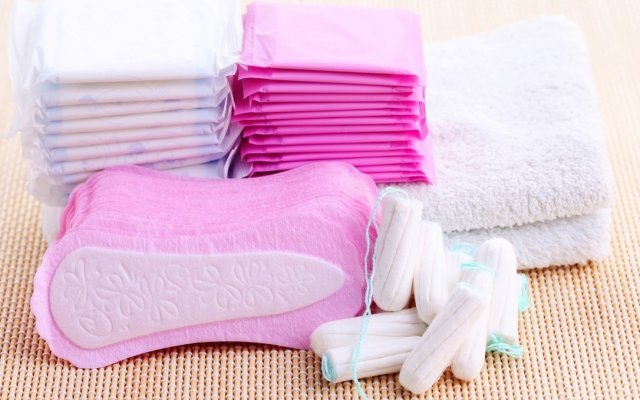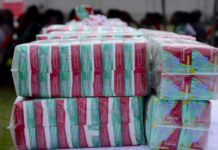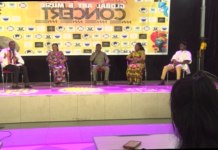
The Sexual and Reproductive Health and Rights (SRHR) Network, – a civil society organisation in the Upper East Region, has urged the government to scrap the tax imposed on sanitary pads.
Currently, disposable sanitary pads are classified as luxury goods and therefore attract an import tax of 20% and a value-added tax of 12.5%.
“Are sanitary pads non-essential? Are they associated with affluent people? Is there an alternative to menstruation? If the answers to these questions are a Big No, then the tax must be scrapped otherwise, we are deepening the existing inequalities between the poor and the rich, the rural and the urban,” the group quizzed in a message to mark the 2022 World Menstrual Hygiene Day.
The group added: “For most women and girls, using disposable menstrual materials is the preferred choice because effective management of reusable menstrual pads and cloth is a challenge.
“Nevertheless, most girls from low-income households in Ghana are unable to access sanitary pads to ensure optimal hygiene due to the high cost of the product. While the current price of sanitary pads in Ghana ranges between GHS6.00 and GH13.00, the average monthly income of rural households is GHS 490.00.”
The development, the group argued, contributes to school absenteeism and subsequent school dropout of many of these girls.
To buttress their point, they made reference to parts of the New Patriotic Party (NPP) 2020 manifesto which stated that while supporting the private sector to ramp up production locally, the party will eliminate import duty on sanitary pads to improve health outcomes, particularly for girls.
“It’s been two years since the 2020 elections and the governing NPP is yet to fulfil this campaign promise. Expanding women and girls’ access to sanitary pads will contribute to Ghana’s efforts at achieving SDG goal 3; ensure healthy lives and promote well-being for all of all ages,” it bemoaned.
The SRHR network is therefore calling on Ghanaians to join hands in holding the government to live up to its election campaign promise and take demonstrable steps to declassify sanitary pads as a luxury product and immediately remove the taxes and prioritise the local production of sanitary pads through its one District one Factory (1D1F) programme.
The network is also calling on all women groups to step up the advocacy for the removal of taxes on sanitary pads and ensure the prices of the products are drastically reduced.






